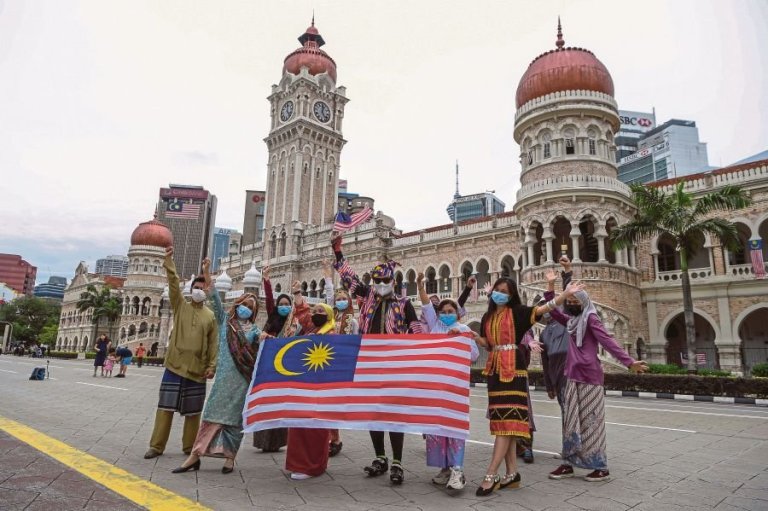By Maryam Husna Maznorzuhairi, Research Analyst (Intern), Institut Masa Depan Malaysia
THE second quarter of 2020 saw the sharpest decline in Malaysia’s gross domestic product, at 17.1 per cent year-on-year, since the 1998 Asian Financial Crisis.
Due to the country’s high trade exposure and its position at the centre of global value chains in the Asia-Pacific region, it received the brunt of the global economic fallout from lockdown measures as demand worldwide for exports fell amid pressure from the United States-China trade war.
We recorded our highest unemployment rate of 5.3 per cent in May 2020. Those from marginalised groups, including women, migrants, less educated workers and the youth, were hit the hardest.
The impact of Covid-19 does not instantly go away despite the economy gradually reopening and recovering.
The Malaysian Department of Insolvency revealed in a recent report that 287,411 people in the country have been declared bankrupt, with most of them them young and employed.
In the face of the current economic downturn and a looming climate crisis, our nation’s survival depends on agility to adapt to the challenges ahead.
And, where to best find these traits if not among our youth.
Recognising this, Institut Masa Depan Malaysia (Masa) hosted a #RuangBelia programme recently to provide space for youth to express their opinions, thoughts and goals towards strengthening the country’s economic recovery.
The highlights were on youth involvement as the main catalyst in shaping national recovery, as emphasised by the event’s guest-of-honour, former prime minister Tan Sri Muhyiddin Yassin, who is also chairman of Masa and the National Recovery Council.
The dialogue covered several current issues, from national recovery plans, to food security, upskilling employability, political youth involvement, brain drain and mental health among the young.
With the lowering of the voting age to 18 and automatic voter registration, there is a massive increase of young Malaysian voters.
Malaysian youths are increasingly becoming the primary producers and consumers, essentially constituting the country’s backbone in terms of the economy, social life and politics.
There is no denial that there is increasing disillusionment with the government and politics among the young, a subject touched on during the event.
One does not have to look further for evidence than at the recent state elections.
Youth turnout was only 6.7 per cent of voters in the Johor election despite being perceived as kingmakers due to their bigger representation.
Young people in Malaysia have this notion that politics is dirty or lacking in integrity.
But, politics goes beyond working in the government, voting or being elected.
It is a realisation that one has the power to effect change that can improve the lives of others.
All leaders and stakeholders alike must be willing to make bold and deliberate adjustments that will empower and nurture the next generation in preparation for the future.
The young must recognise the power and role they may and must play.
The older generation must aid in grooming and developing tomorrow’s leaders.
Malaysian youths must be recognised as significant determinants of our country’s future.
They can, and will thrive to become future leaders who will spearhead the nation’s development agenda.
Mature enough to make informed decisions and actions, yet young enough to escape the cynicism of the old, the youth encapsulate a certain kind of idealism, drive and perseverance, as well as willingness to question the status quo, challenge the establishment to change for the better and spearhead the national recovery process.
Simply put, young people have the power and will use it to alter the world.
They can be the driving force behind any nation’s or region’s progress.
The future is our shared responsibility, young and old alike, and it starts now.
Image: https://assets.nst.com.my/images/articles/youth29_1656518593.jpg
